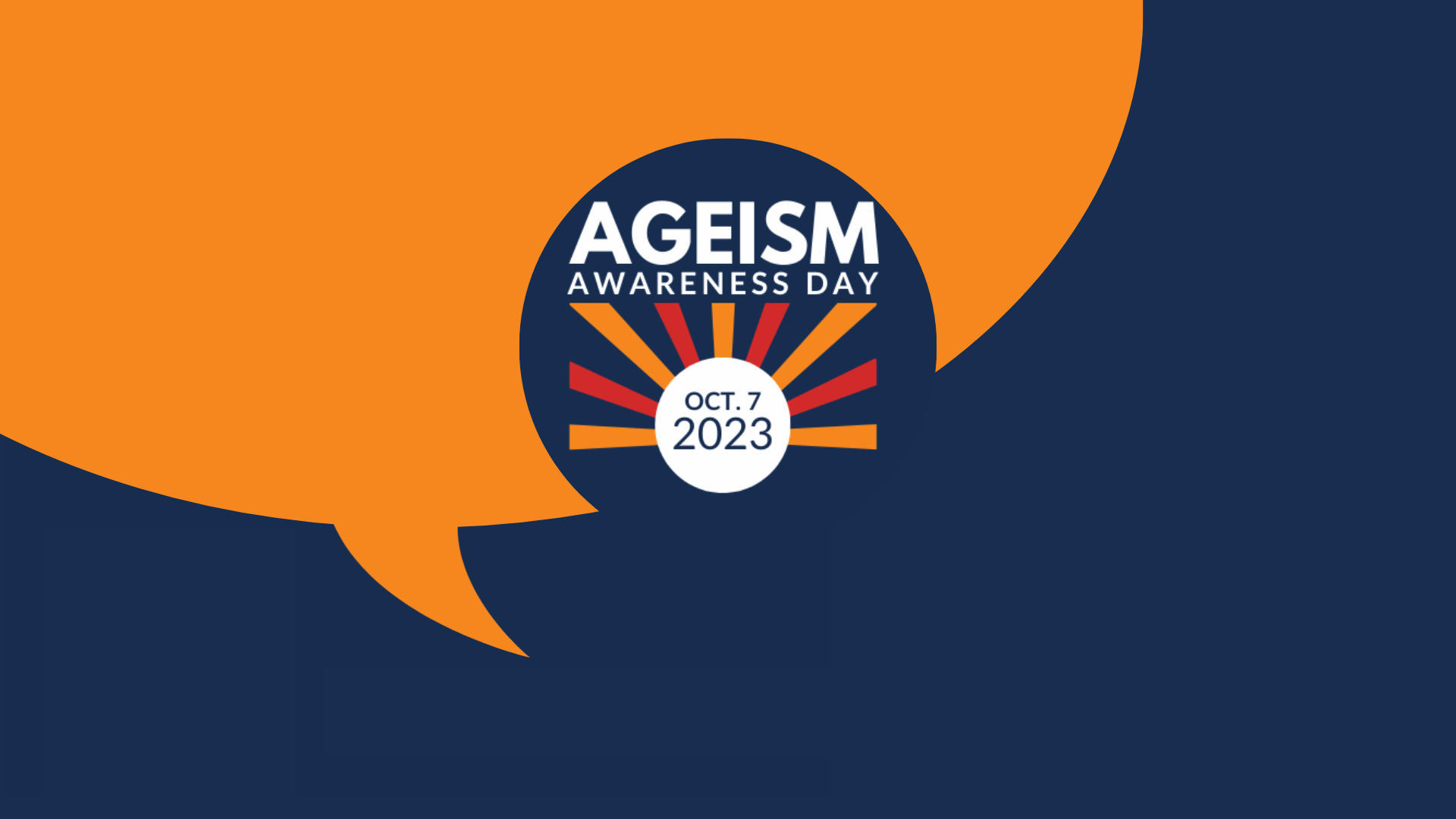In honor of Ageism Awareness Day on October 7, 2023, we are highlighting some insights from a recent presentation by Instructional Associate Professor Paul Nash to the Los Angeles County Commission on Older Adults.

It is ineffective to change bad habits in later life
Where it is advisable to start early, bad habits can be changed through the life course into later life. These changes are effective and can help reverse or limit the effects of decades of too much alcohol, fatty foods, etc. This can help people recover from illness and regain independence.
The role of health literacy is key.
Most older adults will suffer with dementia
Dementia is not a natural part of aging and affects only approximately 6% of those over 65 and 40% of those living over 80. Life can cause us to forget things; this is the same no matter what age we are and is not synonymous with aging. Plus, nobody should suffer with dementia. It is perfectly possible to live well with dementia.
The average older adult is either uninterested in or physically unable to have sex
Sexual attitudes and patterns do not change significantly with age. Sex is rated as important by older adults and is part of subjective and measurable wellbeing. The main change tends to come in light of the death of a partner. Older adults are experiencing the largest percentage growth in number of STI diagnoses with 70% of adults living with diagnosed HIV being aged 50+.
Older adults prefer to disengage from the community as they age in favor of time alone
Just simply untrue. Desire for social contact remains stable through the life course. Some people will seek it, others will not. If social limits occur, this is usually due to mobility issues or loss of friends / partner and not through lack of interest.
Generally all older adults are alike
Older adults have a life of experience that is individual to them. They are no more alike as a cohort than any other age group and indeed it can be argued that they are less so.
How can we challenge myths and stereotypes around aging?
Use values and not facts
Engage altruism and not drown with dry, boring facts
Emphasize similarities
Whilst acknowledging diversity, it is important to reflect on intergenerational similarity
Celebrate intersectional diversity
Reflect reality, don’t use or embrace stereotypes
Repeat the narrative
Tell the story you want your audience to take away instead of repeating myths
Be solution focused
By all means mention a challenge but don’t leave it as such
Keep it real
Don’t use hypothetical examples, use real stories to create a persuasive compelling message





